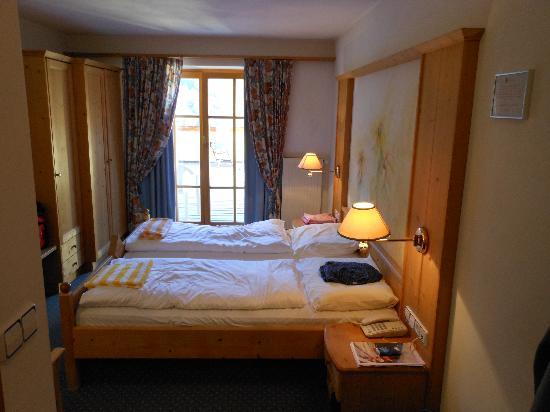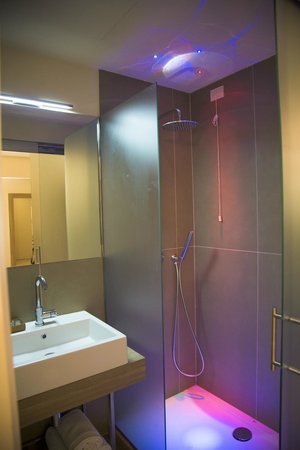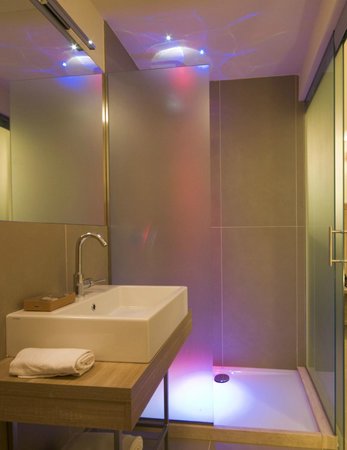摘要:本文讨论了宾馆摄像头监控的重要性和持久性解决方案。文章从全面视角出发,介绍了一个创新性执行计划,旨在提高宾馆监控系统的效率和安全性。该计划关注基础版50.42.86,旨在确保宾馆的监控摄像头能够发挥最大作用,同时满足持久性和可靠性的要求。通过实施该计划,宾馆可以确保客户的安全,同时提高运营效率。
In the modern era of technology and security concerns, hotels worldwide are increasingly implementing camera surveillance systems to ensure the safety of guests and staff. This article will explore the concept of hotel camera surveillance, including the installation of cameras and the design of long-lasting solutions.
Hotel Camera Surveillance
Hotels are often busy places with a wide range of activities taking place throughout the day. To ensure the safety and security of guests and staff, hotels are turning to camera surveillance systems. These systems provide a visual record of activities that can help in monitoring public areas, guest rooms, and other critical areas.
The installation of cameras in hotels is not without controversy, as some guests may feel it violates their privacy. However, hotels are finding ways to strike a balance between privacy and security by installing cameras in public areas only and ensuring that the footage is monitored responsibly.
Camera systems installed in hotels can provide real-time footage that can be used for various purposes such as monitoring traffic patterns, detecting any unusual activities, and deterring criminal activities. The footage can also be used as evidence in case of any disputes or incidents that require investigation.
Durable Solutions for Hotel Camera Surveillance
When it comes to installing camera surveillance systems in hotels, it is crucial to consider a long-lasting solution that can withstand the test of time. This involves a comprehensive approach that encompasses several aspects such as hardware selection, software development, and maintenance.
Hardware Selection: It is essential to choose high-quality hardware that can withstand environmental conditions such as temperature fluctuations, moisture, dust, and other factors that could affect its performance. The hardware should also be designed to be easy to install and integrate with existing hotel systems.
Software Development: The software used for camera surveillance should be designed to handle large amounts of data efficiently and provide real-time footage. It should also have advanced features such as motion detection, facial recognition, and the ability to store and retrieve footage easily. The software should be user-friendly and easy to update to ensure compatibility with future technologies.
Maintenance: It is vital to have a maintenance plan in place to ensure that the camera system is functioning properly. Regular maintenance checks should be conducted to identify any issues or defects that could affect the performance of the system. Additionally, the system should have a backup plan in case of any failures or emergencies.
Integration with Existing Systems: To ensure seamless operation, the camera surveillance system should be integrated with other hotel systems such as the front desk software or access control systems. This integration will provide a holistic view of hotel operations and ensure that all areas are covered by the surveillance system.
Balancing Privacy and Security
To strike a balance between privacy and security, hotels should ensure that cameras are installed in public areas only and comply with local laws and regulations. Additionally, hotels should have clear policies on camera usage and ensure that guests are informed about the installation of cameras in their facilities.
Conclusion
Hotel camera surveillance is an essential component of ensuring the safety and security of guests and staff. By implementing long-lasting solutions that combine hardware, software, maintenance, and integration with existing systems, hotels can ensure efficient monitoring without compromising privacy. With careful consideration of privacy concerns and compliance with local laws, hotels can strike a balance between providing a safe environment and respecting guests' privacy rights.



